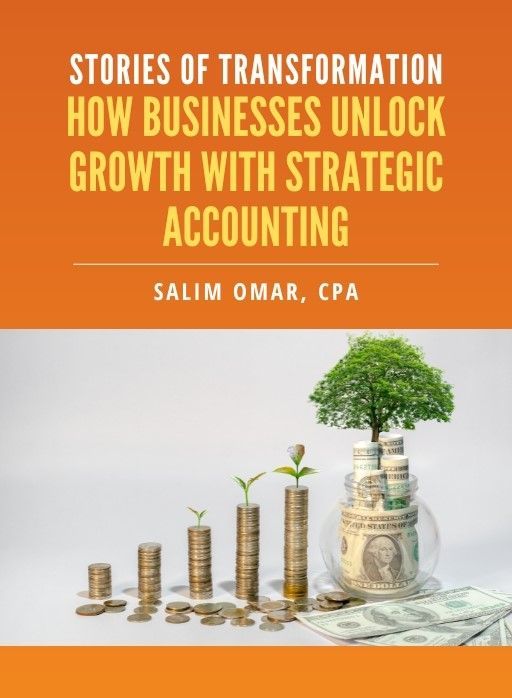General rule for Self rental

When you rent property to a business that you materially participate in, the IRS reclassifies rental income as non-passive, even though rental income is typically considered passive under normal circumstances.
Rental Losses: However, if the rental activity generates losses, those losses are still treated as passive losses. This is important because passive losses are usually subject to limitations and can generally only offset passive income, unless we group the activities
Grouping Election
By choosing to group the rental activity (renting the property to the business) with the business activity, we treat both as a single non-passive activity.
This allows any losses from the rental side, like those from depreciation or a cost segregation study, to offset the business’s non-passive income.
Essentially, this grouping bypasses the self-rental rule, turning what would have been passive losses into losses that can reduce active business income, effectively lowering the client's overall tax liability.
Important things to keep in mind
- Each owner of the trade or business activity has the same proportionate ownership interest in the rental activity
- The grouping election must be on the first tax return filed
- Can a grouping election for self-rental property and operating business be made after first year of ownership?
- Yes, the election does not need to be made in the first year according to the RP – 2010 – 13. The election can be made in subsequent year, but the property and business should have been treated as separate activities in prior year before the election is made.
How to Make the Election
There’s no formal IRS form. Instead:
Attach a statement to your timely filed return (including extensions) that includes:
- The names and EINs of entities
- A declaration that you are electing to treat the activities as a single activity under Reg. §1.469-4
- A brief explanation showing how the grouped activities constitute an appropriate economic unit
Sec 199A – Qualified business Income deduction
Under Sec. 1.199A-5(c)(2)(i), if a business provides property to a Specified Service Trade or Business (SSTB) and there is 50% or greater common ownership between the businesses, the part of the business supplying the property is treated as a separate SSTB with respect to the related owners.
This means that if the operating business qualifies as an SSTB under Sec. 199A and the rental entity is at least 50% commonly owned, the income from the rental entity supplying the property is not considered Qualified Business Income (QBI) for the purposes of the QBI
deduction.
Free eBook:
Stories of Transformation


Salim is a straight-talking CPA with 30+ years of entrepreneurial and accounting experience. His professional background includes experience as a former Chief Financial Officer and, for the last twenty-five years, as a serial 7-Figure entrepreneur.




